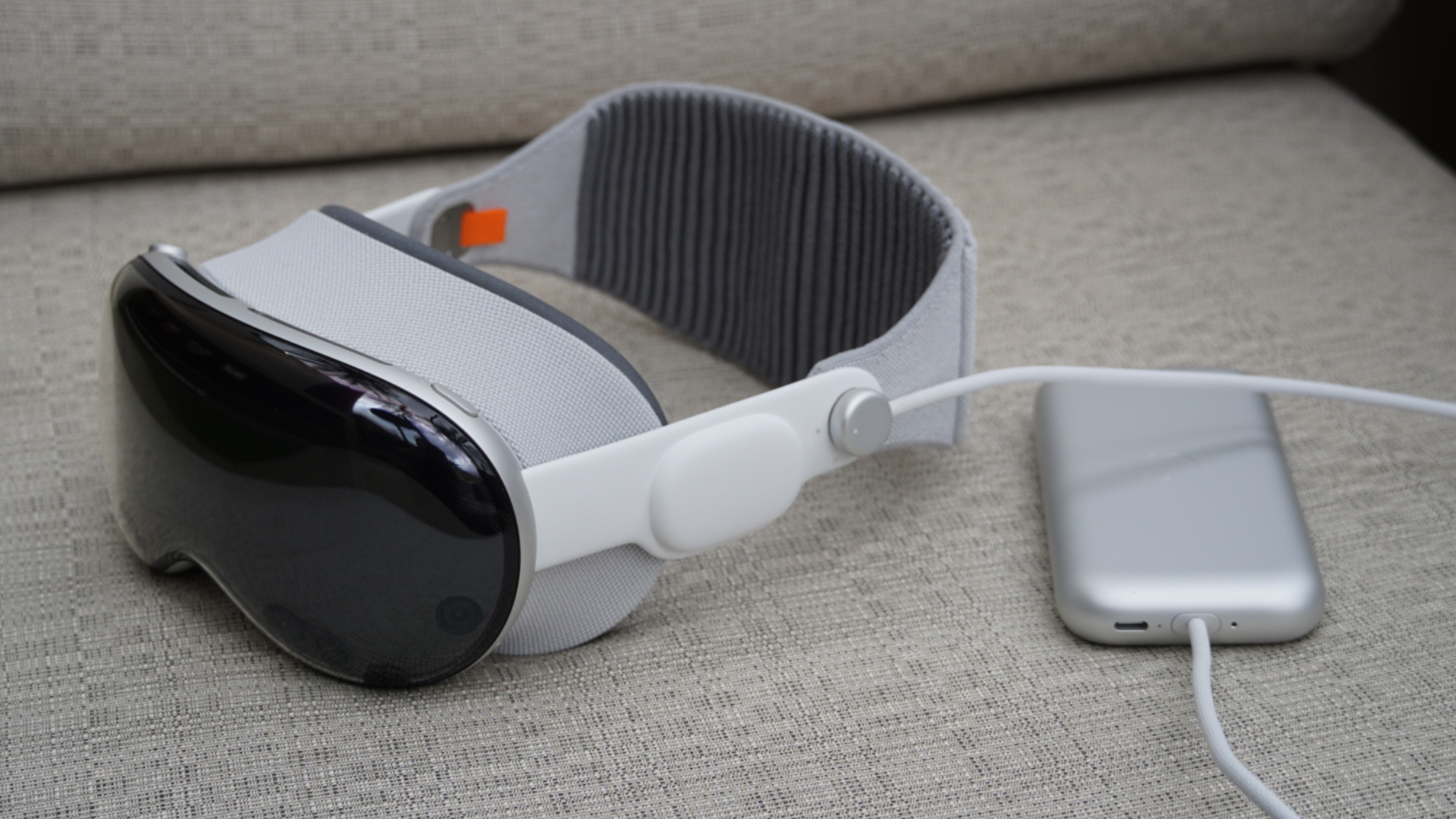
Apple is looking into a more affordable Apple Vision Pro that could feature lower-resolution displays.
According to The Elec, Apple has requested information from Samsung and LG about 2.1-inch OLEDoS (OLED on Silicon) displays with 1700 PPI (Pixels Per Inch). This is a significantly lower standard than the Micro‑OLED displays in the current Apple Vision Pro headset supplied by Sony, which are 1.42 inches with a pixel density of 3391 PPI.
OLEDoS (OLED on Silicon) is a relatively new display technology that combines Organic Light Emitting Diodes (OLED) with silicon wafers. Ultimately, this can result in fantastic image quality, such as an ultra-high contrast ratio of 100,000:1, as well as a higher refresh rate than the current Apple Vision Pro’s 100Hz.
The leak of a cheaper Apple Vision Pro is not new, with Bloomberg’s Mark Gurman reporting in his ‘Power On’ newsletter recently that he expects this headset to sell between $1,500 to $2,000 However, we’re not expecting this lower-cost version to launch until at least 2025.
The spatial computing headset was recently launched in China, Hong Kong, Japan, and Singapore. A July 12 launch is also set for Australia, Canada, France, Germany, and the UK after pre-orders opened up in the countries on June 28.
Following a different path
In the past, Apple has announced new products and brought down the price of previous-generation models. Apple's best iPhone in 2024, the iPhone 15 Pro, ushered in a price drop for the iPhone 14, for example.
However, Apple seems to be planning a different approach with Vision Pro. Instead of waiting for certain components to come down in price, Apple is planning to release an entirely new cheaper model within the next 18 months. This could suggest that the company wants to make the spatial headset as accessible as possible to more users.
This new strategy could position the Vision Pro to go against Meta Quest Pro and other headsets priced around $1,500. That price point could make the spatial headset an alluring purchase, especially with the features that visionOS offers, such as Mac Virtual Display and Immersive Environments.







